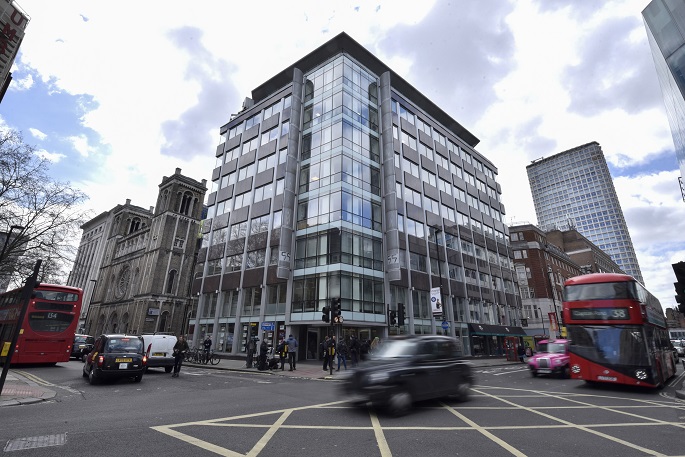Facebook CEO apologizes for data misuse
Published : 10 Apr 2018, 00:56
Updated : 10 Apr 2018, 01:35
Facebook CEO Mark Zuckerberg told Congress in written testimony on Monday that he is "responsible for" not preventing the social media platform from being used for harm, including fake news, foreign interference in elections and hate speech.
"We didn't take a broad enough view of our responsibility, and that was a big mistake," he said in the prepared testimony released by the U.S. House Energy and Commerce Committee.
"It was my mistake, and I'm sorry. I started Facebook, I run it, and I'm responsible for what happens here," he said in the remarks he is expected to deliver in a hearing on Wednesday.
His apology came after Facebook is embroiled in a widening scandal that a British data firm called Cambridge Analytica had improperly gathered detailed Facebook information on 87 million users, up from a previous estimate of more than 50 million.
Also, Facebook revealed on Wednesday that outsiders took advantage of search tools on its platform, making it possible for them to collect personal information on most of its 2 billion users worldwide without the users' explicit permission.
This was Zuckerberg's latest apology for the personal data leak and he vowed to plug the vulnerabilities while attempting to defend himself by listing the company's measures to protect user privacy in past years.
He said Facebook had changed the entire platform in 2014 to "dramatically limit the Facebook information apps could access."
Moreover, Facebook banned Aleksandr Kogan, a Cambridge University researcher who leaked the data to Cambridge Analytica, from using Facebook data in 2015, and certified that "they had deleted all improperly acquired data," according to Zuckerberg.
But he didn't explain why and how Cambridge Analytica still managed to misuse the personal data afterwards.
Zuckerberg pledged to limit the information the platform developers can access and they have to get users' approval.
The leaked data was said to be inappropriately used by Cambridge Analytica in activities allegedly connected with U.S. President Donald Trump's election campaign in 2016.


